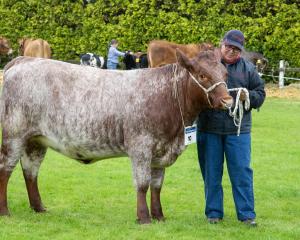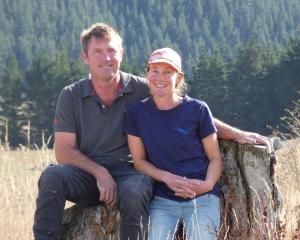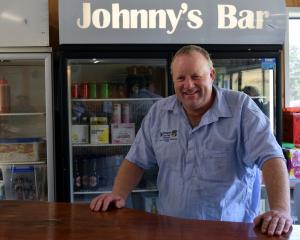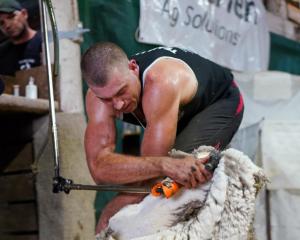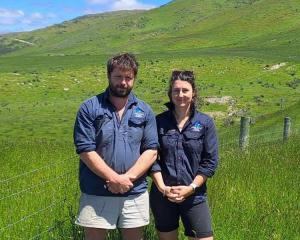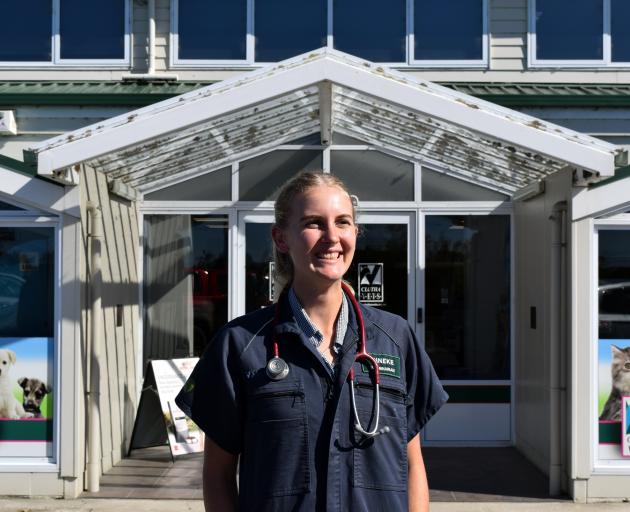

Her father’s job as an area school teacher had her spending time in Culverden, Hanmer Springs and Kurow.
Despite the rural locations, the family never went farming.
"We had some chickens," she said laughing. "I’m definitely a townie."
She started to think about a career as a vet when she was about halfway through secondary school in Christchurch
The appeal included being able to work on animals outdoors and talking to farmers.
When she began studying at Massey University, she realised she had made the right decision.
"At vet school I really started enjoying it. I was a bit ‘meh’ to begin with but then got sold on it pretty quickly," she said.
Work placements as part of the course requirements included vet clinics throughout New Zealand, including Balclutha, Carterton, Christchurch, Dannevirke, Eltham, Geraldine, Oamaru and the West Coast.
She finished studying at the end of 2022 and began working at the Clutha Vets clinic in Balclutha in February last year.
Memorable moments on the job included bandaging a large wound on the leg of a horse which was "quite satisfying".
Another rewarding part of the job was delivering a calf which had become stuck.
"It feels like you’ve really helped the farmer do something they couldn’t have done on their own."
Bringing a life into the world was "quite cool".
"That’s a good day. Spring is always fun, as there are lots of baby animals."
The scheme was a good motivator to work in a rural clinic but it was the staff at the clinic which were the main driver for launching her career in South Otago.
She believed the scheme encouraged younger vets to work at a clinic for more years, rather than gaining a couple of years’ experience and then travelling abroad.
She was enjoying living in a rural community and the opportunities it provided.
"I’m not the sort of person who would spend my weekends in a shopping mall and it is good to get out tramping."


